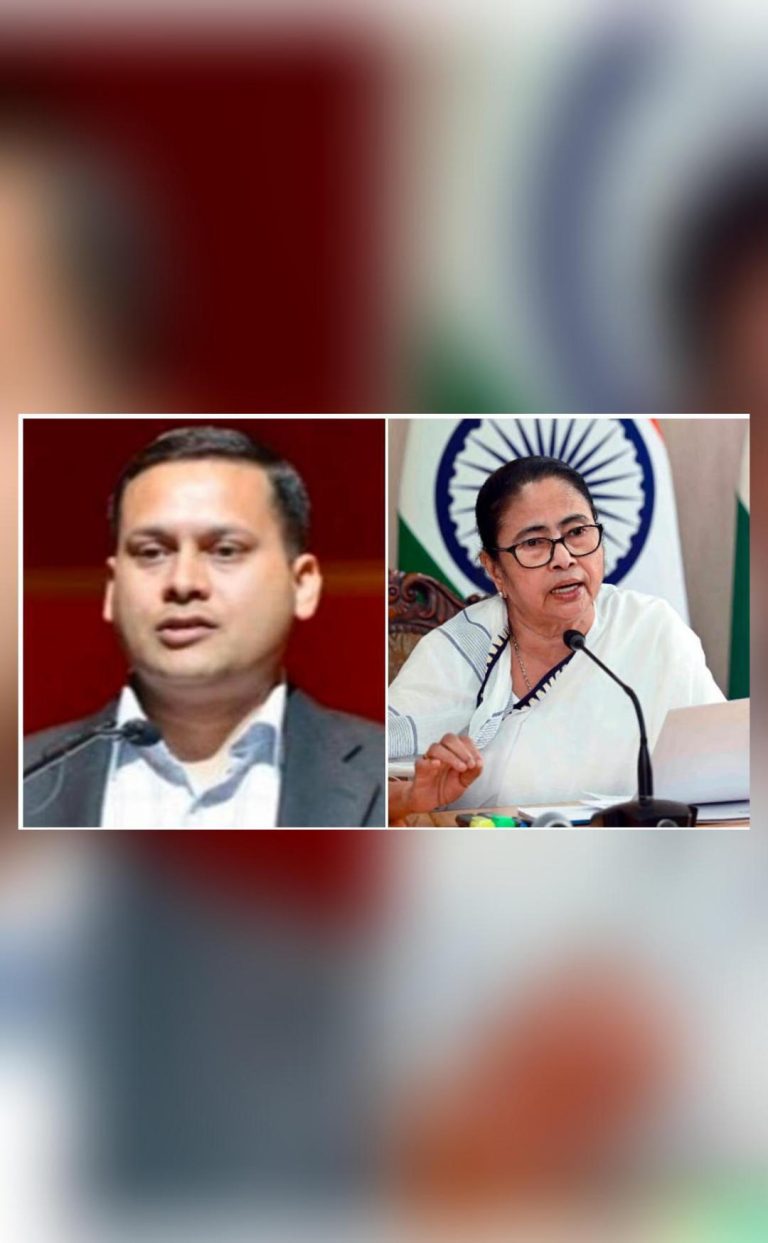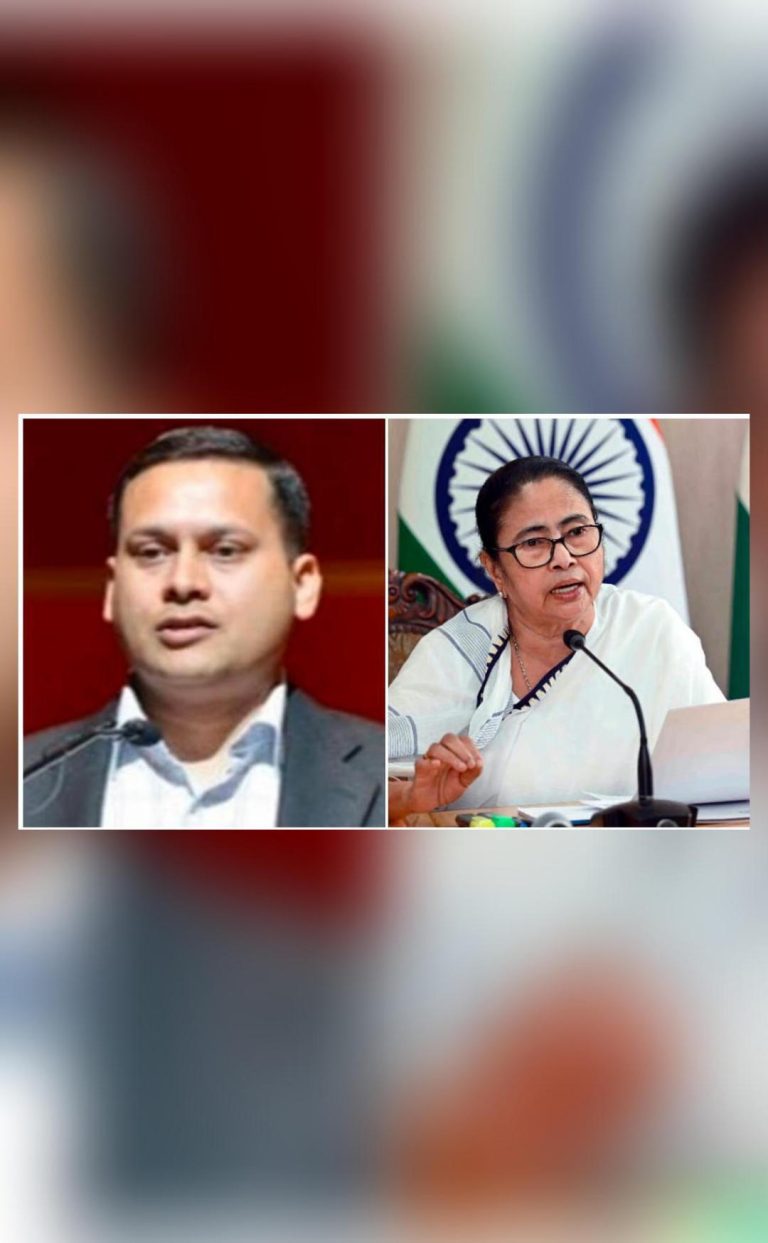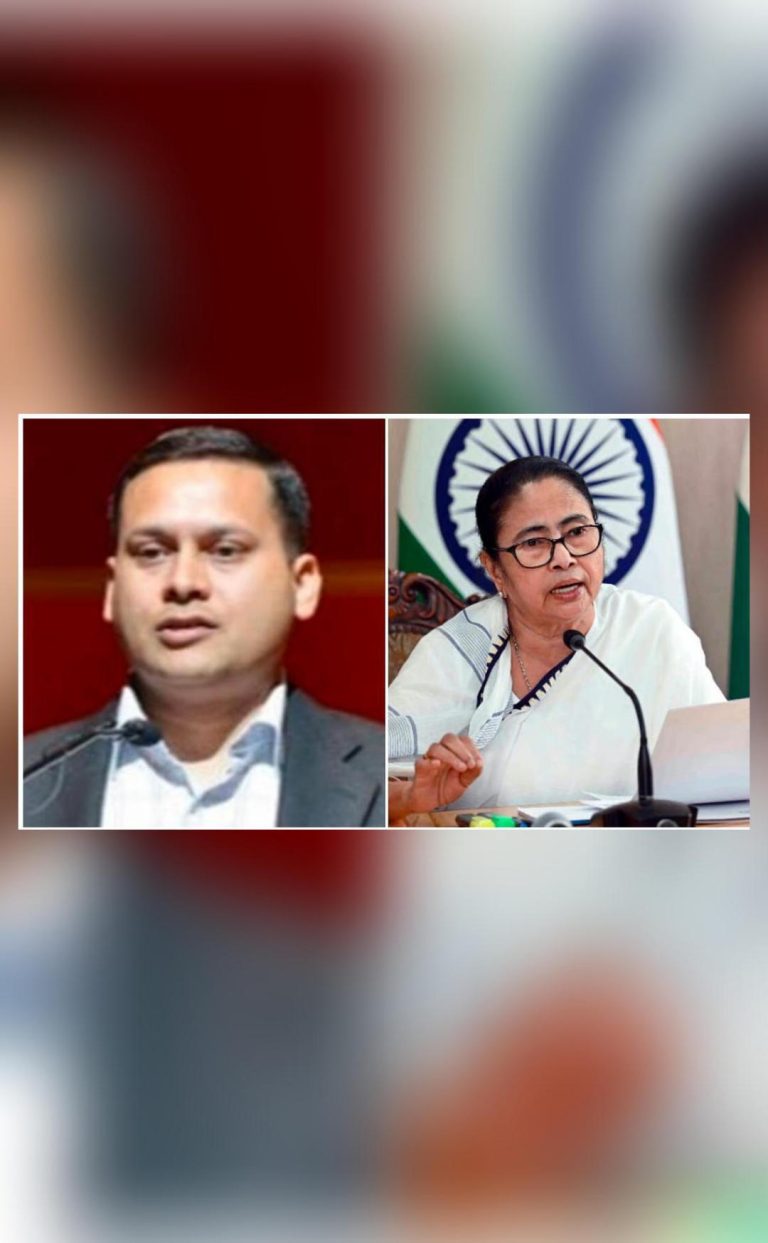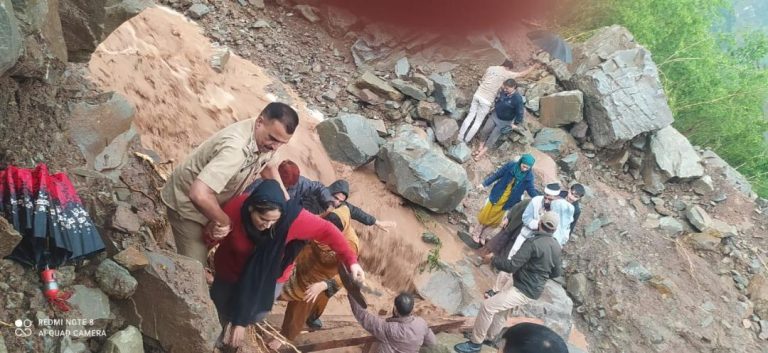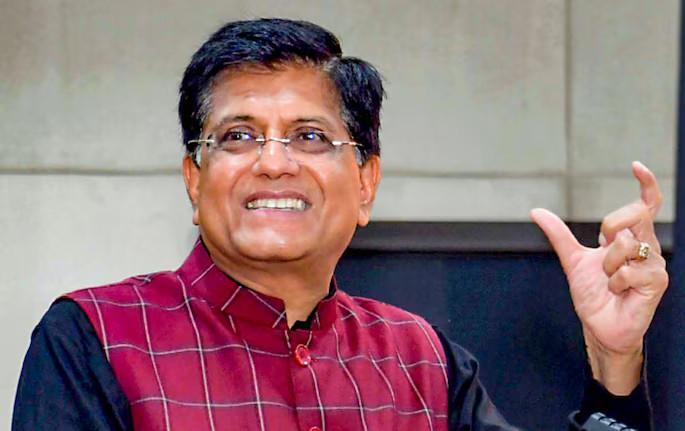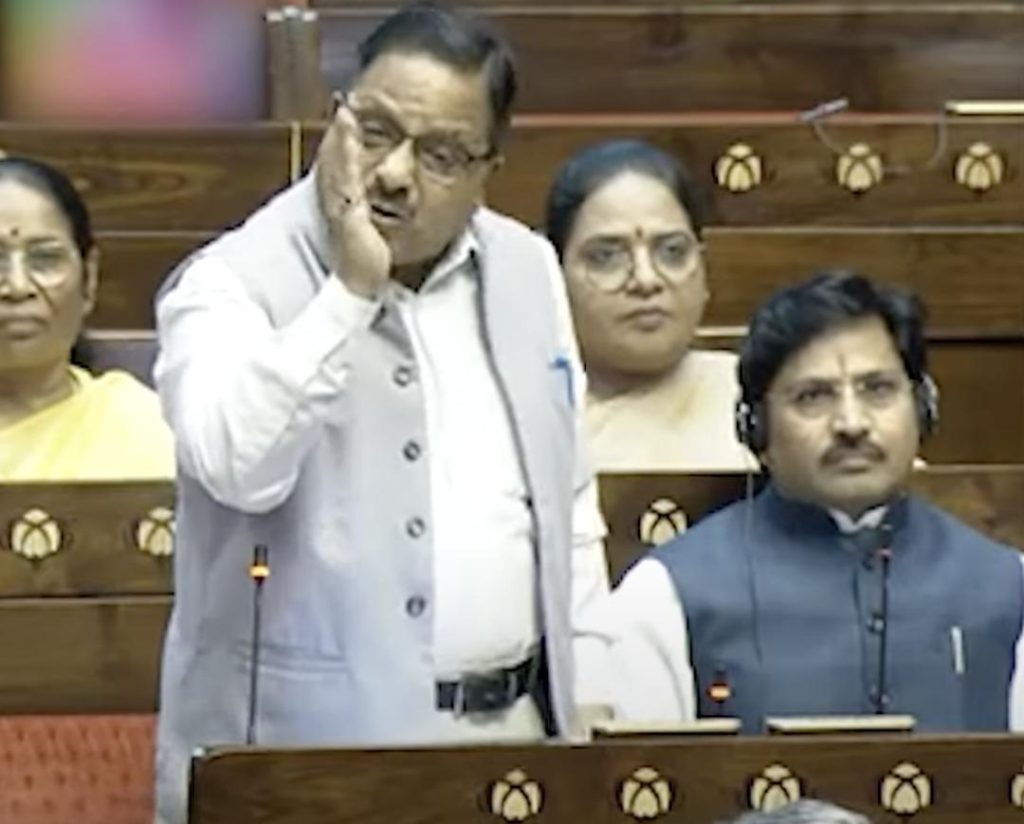
Should I Read Quran and Tell You What’s Written in It: BJP MP Radha Mohan Das on Waqf Bill
The Waqf Bill, a proposed legislation aimed at streamlining the management of Muslim religious properties, has been a topic of intense debate in the Indian parliament. During the discussion on the bill, BJP MP Radha Mohan Das made a startling remark that has left many wondering about the implications of his statement. In this blog post, we will delve into the context of his comment and explore the significance of the Waqf Bill in the context of Indian politics.
The Context of the Statement
Radha Mohan Das made the statement during a heated debate on the Waqf Bill in the Lok Sabha on December 15, 2020. The bill seeks to amend the Waqf Act of 1995, which governs the management of Waqf properties, which are endowed to Muslim religious institutions. The proposed legislation aims to improve the accountability and transparency in the management of these properties, which are estimated to be worth over ₹1 lakh crore.
During the debate, Radha Mohan Das asked if he should read the Quran and tell his colleagues what’s written in it. His statement was accompanied by a specific reference to a verse in the Quran, which he claimed supported his argument. He said, “The Quran says that even if one rupee is given to anyone, there should be a written record…And you say you have so many properties without a record.”
The Significance of the Statement
Radha Mohan Das’s statement was intended to highlight the lack of transparency and accountability in the management of Waqf properties. He was trying to argue that the Waqf Board, which is responsible for managing these properties, is not following the principles of transparency and accountability, as enshrined in the Quran.
The statement has been interpreted in different ways by different people. While some have seen it as a legitimate criticism of the Waqf Board, others have criticized Radha Mohan Das for making a comment that is perceived as insensitive and even blasphemous.
The Quranic Verse
The Quranic verse that Radha Mohan Das referred to is Surah Baqarah, verse 282, which states: “O ye who believe! When ye deal with each other, in transactions involving the exchange of goods, ye shall write it down; and let the scribe write, with truth and justice, and let not the scribe refuse to write as Allah hath taught him, nor let him omit anything, but to the utmost benefit of the party concerned.” (Quran 2:282)
This verse is often cited to emphasize the importance of written records in financial transactions. However, in the context of Radha Mohan Das’s statement, it is unclear what he meant by citing this verse. Some have interpreted it as an attempt to undermine the credibility of the Waqf Board, while others have seen it as a genuine attempt to highlight the importance of transparency and accountability.
The Waqf Bill: A Contextual Analysis
The Waqf Bill is a complex piece of legislation that seeks to address the issues of transparency and accountability in the management of Waqf properties. The bill proposes to establish a new management structure for Waqf properties, which will be responsible for overseeing their management and ensuring that they are used for their intended purposes.
The bill has been criticized by some for being too restrictive and limiting the autonomy of the Waqf Board. Others have argued that it is necessary to ensure that Waqf properties are managed in a transparent and accountable manner.
Conclusion
Radha Mohan Das’s statement has sparked a heated debate on the Waqf Bill and the management of Waqf properties. While some have seen it as a legitimate criticism of the Waqf Board, others have criticized him for making a comment that is perceived as insensitive and even blasphemous.
As we move forward with the Waqf Bill, it is essential to engage in a nuanced and informed debate about the issues surrounding its implementation. We must ensure that the bill is passed in a way that balances the need for transparency and accountability with the need to preserve the autonomy of the Waqf Board.
Source:
